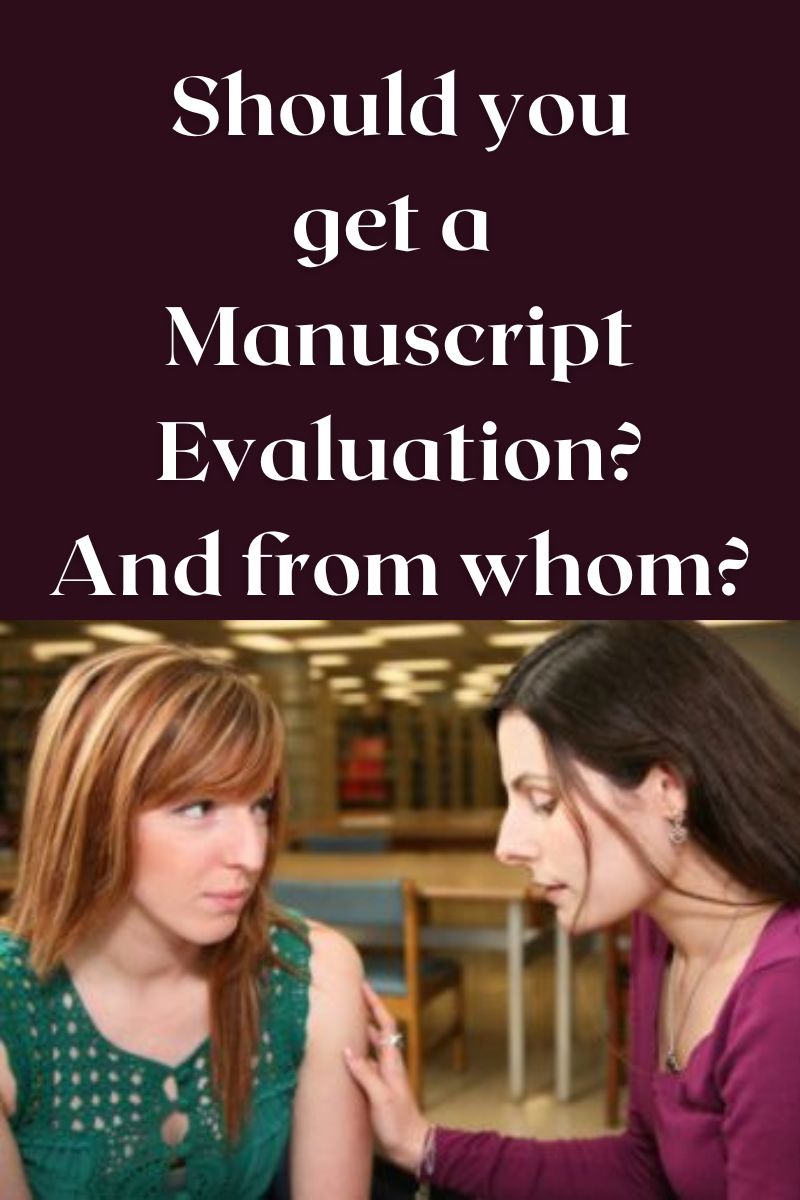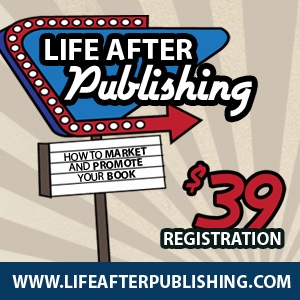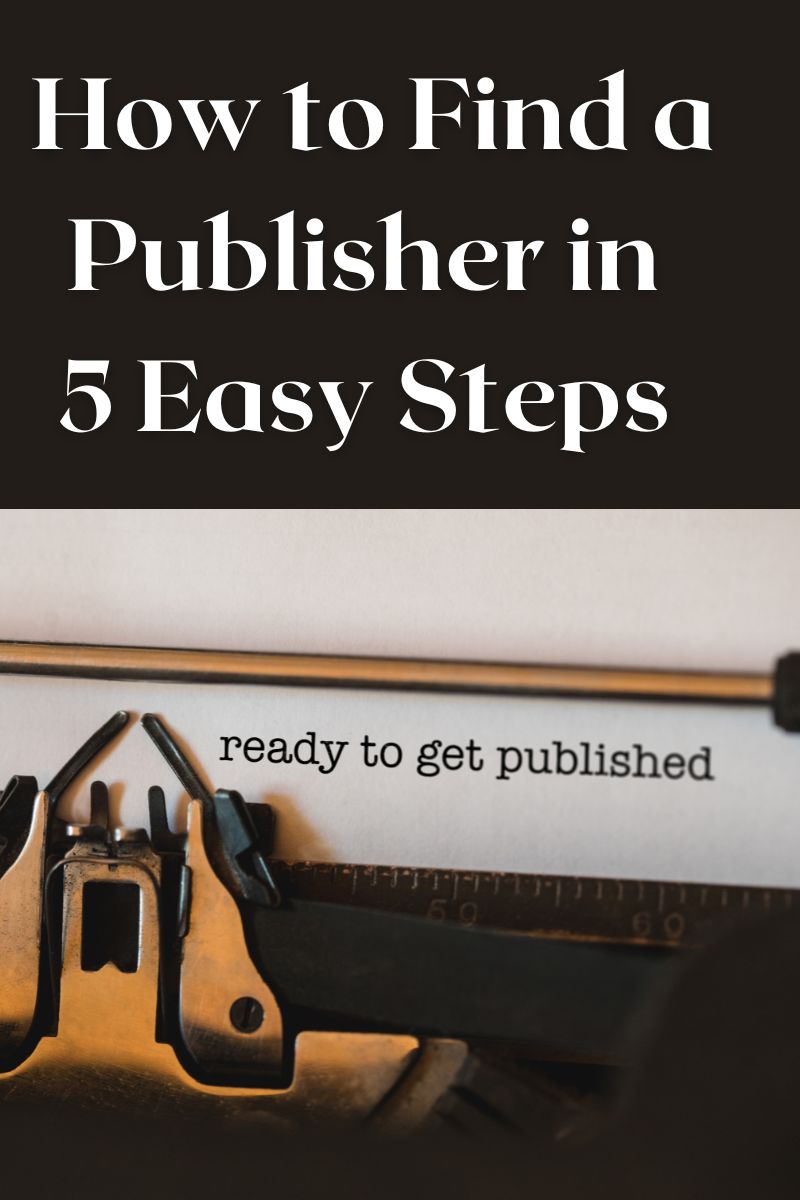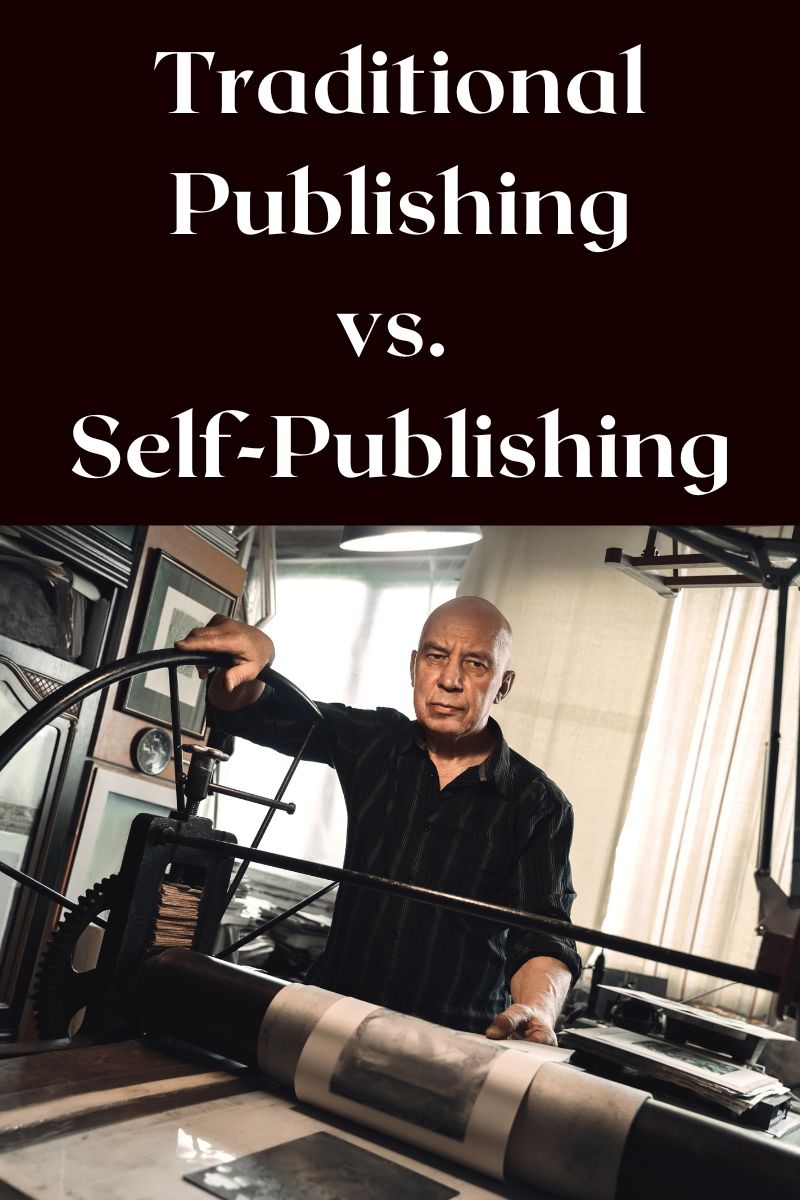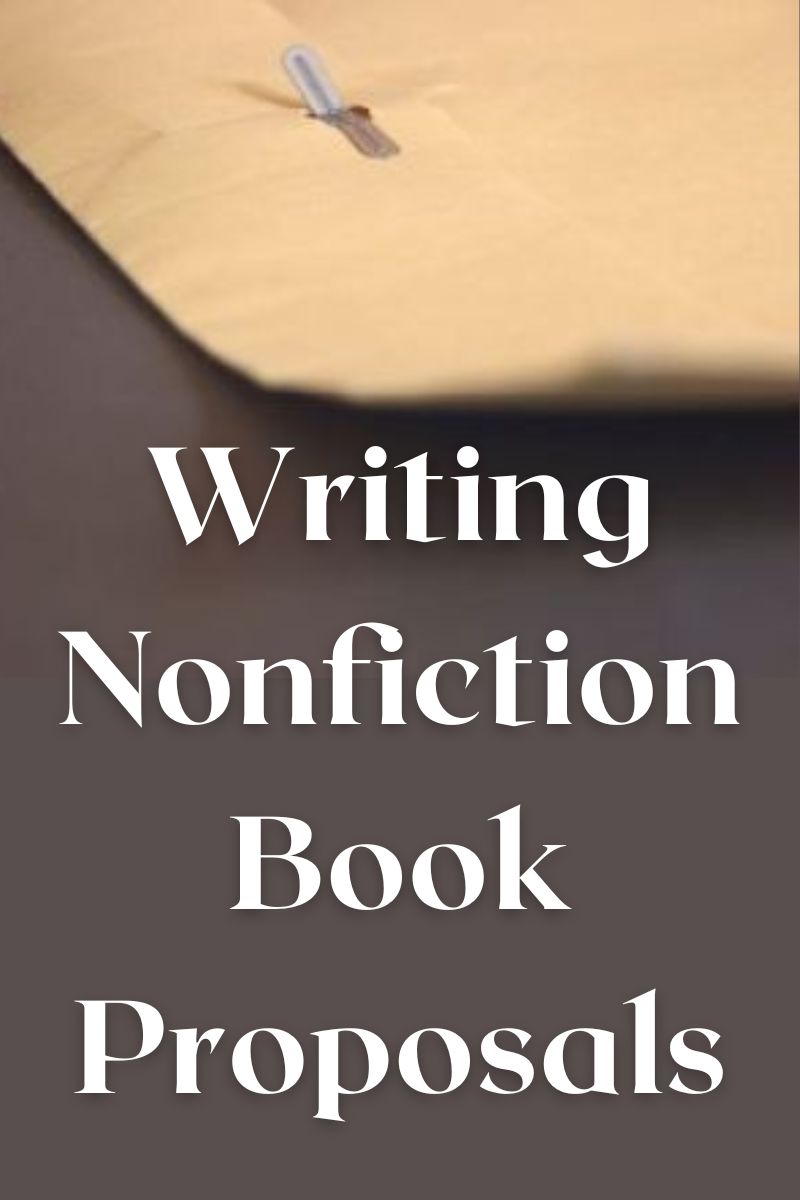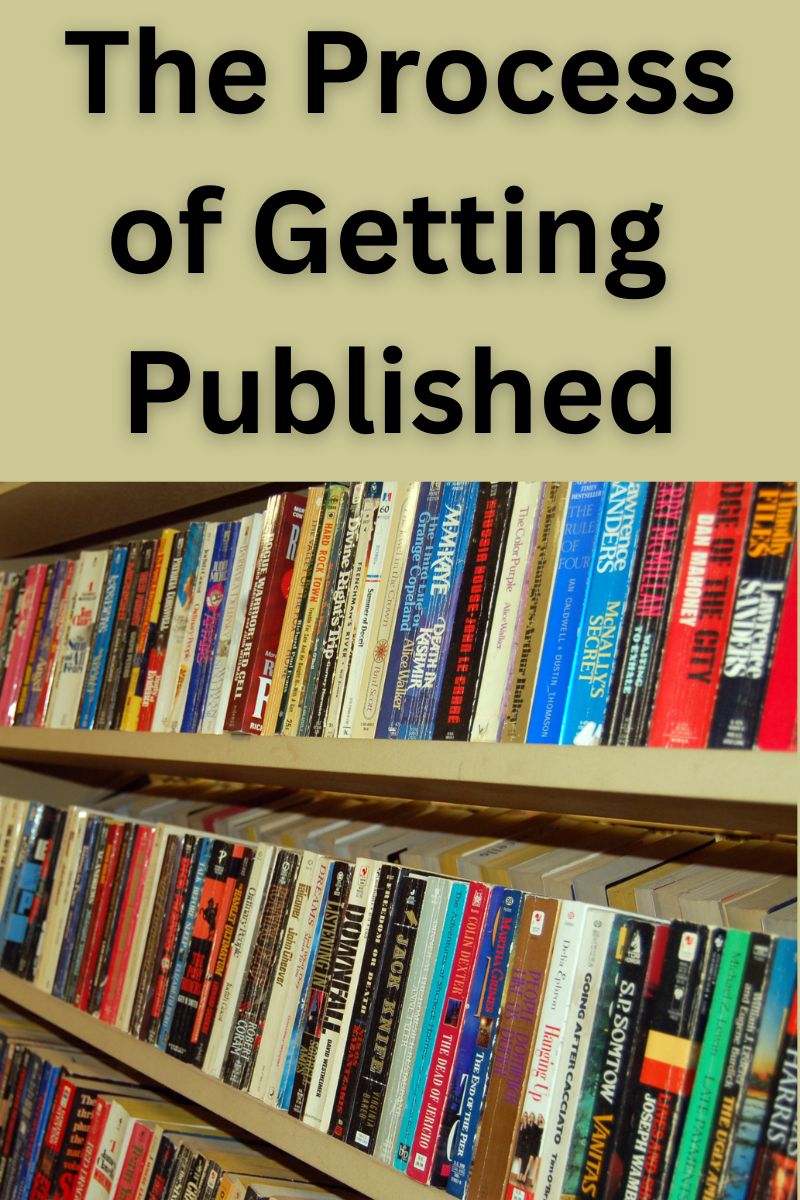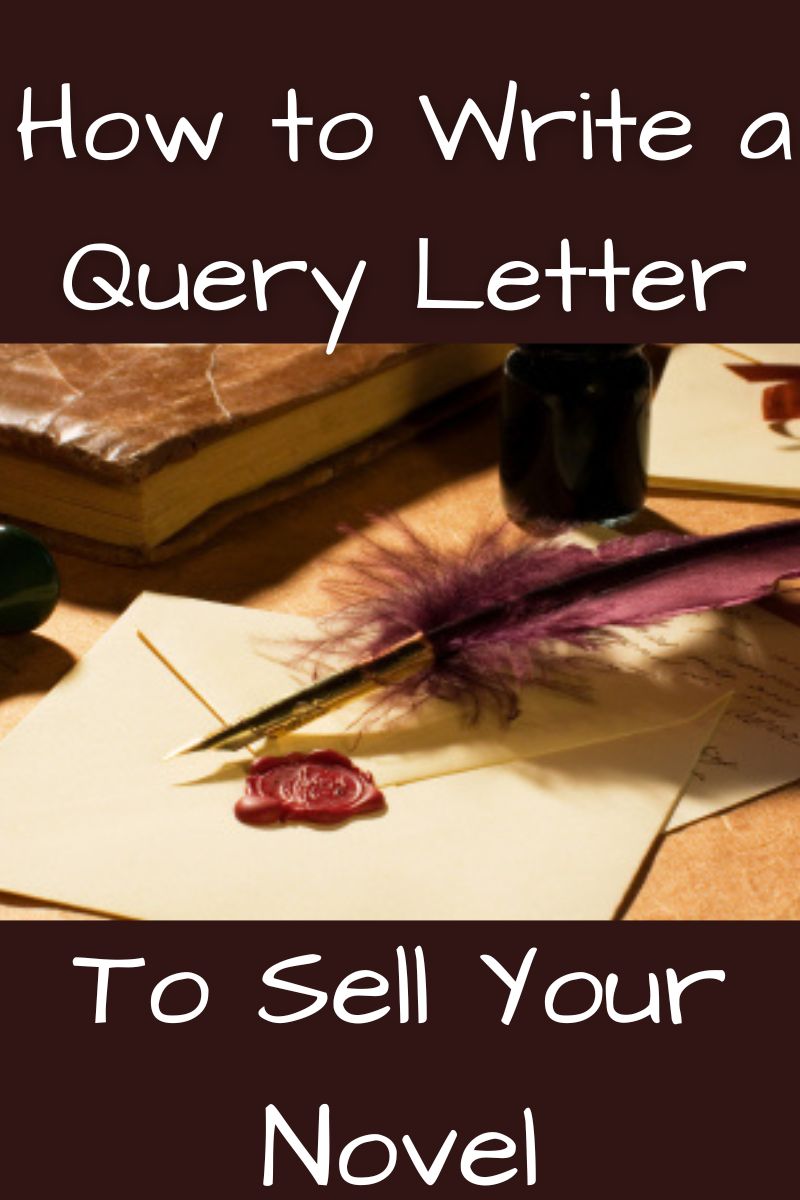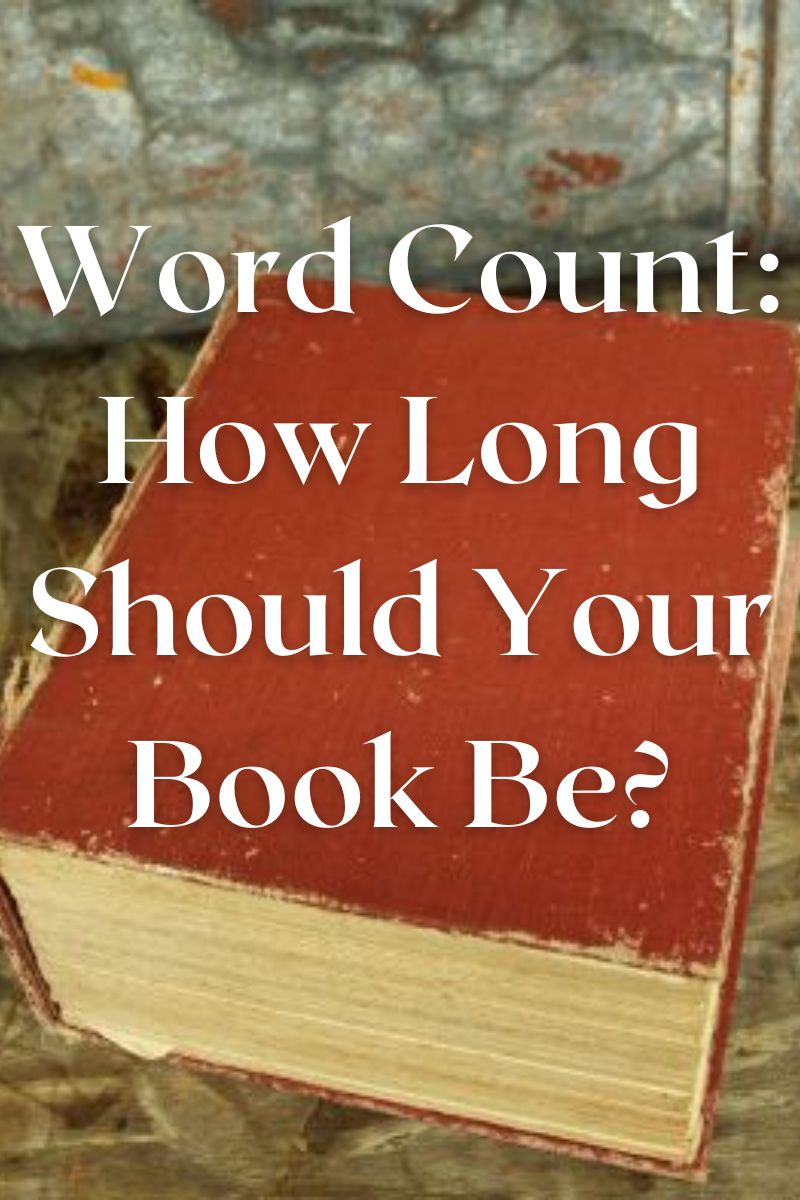Manuscript Evaluation: A useful precursor to getting published.
By Glen C. Strathy
For a new author, some form of manuscript evaluation can be an essential prerequisite to looking for a publisher or agent. Before you start what could be a very long process of querying and submitting proposals/manuscripts (see, Getting Published ) you'll want to know if you really have a commercially viable book.
It goes without saying that you will write more than one draft of your book before you start showing it to agents and publishers. Your chances of getting published are much higher if you make your book as good as possible before you start querying. However, no matter how many drafts and revisions you have written, agents and editors should not be the first people to ever read your manuscript.
Oddly enough, some writers will send their first book to agents before showing it to people they know. They want the agent to confirm the book's merit before they risk being judged by friends and relatives.
This of course is exactly the opposite of what you should do if you want to get your book published. Besides, the query process can actually be a poor system for sorting out good books from bad. Some bad books do get published (you've probably read a few).
At the same time, many good books do not get published. You can tell this from the large number of best-selling authors who admit to having collected stacks of rejection letters before publishing their first book. (I'm speaking here about authors who were not famous for something else first.) Agents and publishers can only accept a very small percentage of the books that cross their desks. A person can be an excellent writer, but be unable to withstand rejection after rejection. So, for all those authors who make it into print, there are doubtless many more who gave up too soon.
Part of the problem is also that your ability to listen and respond to feedback – which is often a good way to develop your writing skills – can work against you when it comes to selling your book. If you keep hearing feedback like, “Thank you for your recent submission. Unfortunately, it does not meet our publishing needs at this time,” you may very well take that as a sign your book is not good enough. (Actually, it may or may not mean that – you have no way of knowing.)
A Manuscript Evaluation Can Remedy Your Self-Doubt
If you are not the type of writer who is brimming with self-confidence, then you may want to get some evidence your book is worthy of publication before you put yourself in line for what could be a lengthy series of rejections. Forget about positive thinking or unfounded faith. Solicit some objective opinions about your book. Request a manuscript evaluation from either someone you trust or a large number of people who have at least no reason to be dishonest.
An honest manuscript evaluation can help you avoid spending years of your life trying to sell a book that has no hope of ever being published. (Of course, one bad evaluation is only one person's opinion. But if you get several evaluations all listing the same problems, you should pay attention to them)
If the evaluations point out flaws in your work, you can correct them before you start querying, which will increase your chances of finding a publisher quickly. On the other hand, a positive evaluation will give you the confidence to stop taking rejection letters personally and to keep searching for a publisher until you succeed.
The easiest and most cost effective way of getting a manuscript evaluation is to join a writing group where you can show your work to other writers and invite their comments. The best groups to join are those in which many of the members are published and where the atmosphere is supportive. You may have to learn how to weigh the feedback you get. For instance, a book that engages its readers is often better than one that gets praised on its literary merits. However, you can learn a lot about your book and about writing in general from a good group. You may also be asked to write manuscript evaluations for other people - which can also teach you a lot about book writing.
Another approach is to take courses or workshops taught by professional writers, so you can get their comments on your writing. Often these workshops ask you to submit manuscripts you are currently working on.
You may also choose to hire a professional manuscript evaluation service. Some writers' groups, such as The Writers Union of Canada and the Canadian Authors Association, offer such services.
In the U.S., evaluations are offered by Writers Digest Magazine's 2nd Draft Service, just to give one example. But there are many businesses offering critique services.
The downside is that these services can be expensive and you don't necessarily know the qualifications of the evaluator assigned to your manuscript. You'll want to take this approach only for manuscripts you already feel have real potential. Also, make sure whatever service you use is credible. Ideally, you want an evaluator who...
- has extensive experience in the industry, as an editor or writer in your genre.
- has no conflict of interest (i.e. doesn't want to trash your book so they can sell you editing, book doctoring, or ghostwriting services).
- does not claim to be an “agent,” thereby implying they can sell your book for you after you have revised it. (Good agents don't have time to offer manuscript evaluation services; they're too busy looking after their authors.)
- will tell you the truth about your book, whether the truth is good or bad.
The best way to find a good manuscript evaluation service is to get referrals from other writers whose opinion you trust. (Another good reason to join a writers' group.)
If you are writing fiction and you know people who enjoy reading books in your particular genre, you could also ask their opinion of your manuscript. They may not be able to tell you how to improve your novel, but they can tell you if they liked it enough to recommend it to their friends, and that says a lot.
If you are writing non-fiction, you could talk to members of your target audience and find out what kind of books they are in the market for. See what they think of your book concept. You could also try writing articles on the same subject as your book which you can market to various publications in order to get feedback. Just make sure you retain all legal rights to your articles, apart from first publication rights, so you are free to incorporate the articles into your book.
If you've gone through the process of soliciting feedback and revising your manuscript to the point that all the evidence suggests you have a pretty good book, you are ready to start the process of looking for an agent or publisher.
- Home
- Publishing
- Manuscript Evaluation
